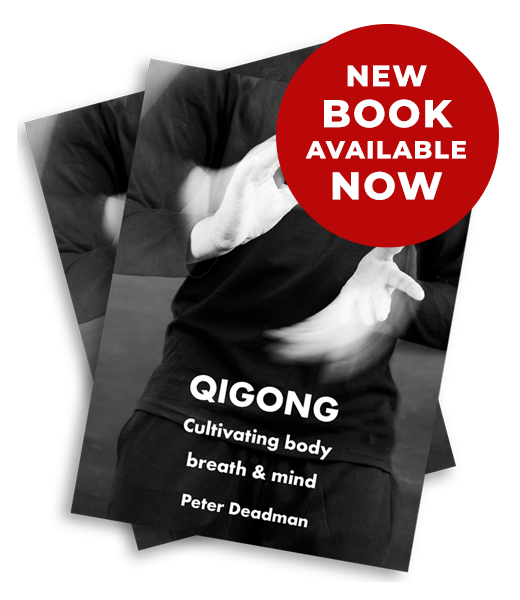It gets a bit tiring to keep saying “well the Chinese tradition knew this tens of centuries ago” but it just keeps happening (in the same way that I try the patience of my friends during discussions of health and lifestyle by saying “it’s all in my book”).
The latest ‘discovery’ is that some of us age faster and die sooner than others, regardless of lifestyle – due to a ‘ticking internal clock’. Wolf Reik, a professor of epigenetics at Cambridge University, said ” It now looks like you get a clock given to you when you’re young. It gets wound up and the pace it’s ticking at is dictated by this epigenetic machinery.”
So let’s look at what the Chinese tradition came up with.
Wang Chong in the 1st century said, ” Strength and long life, weakness and short life are connected with the copiousness and scarcity of the received qi,” while the 3rd century Xiangxiu said, “As for the endowment of life, each person is limited to different amounts.”
It’s true of course that these ancient Chinese observers didn’t understand the precise processes involved (methyl compounds attaching or detaching from the genome without altering the underlying code of our DNA) but they clearly knew the big picture. They accurately observed human life (without preconditioned beliefs) and somehow saw to the very heart of how things are.
The good news – emphasised equally by the Chinese tradition and the researchers who came up with this new discovery – is that lifestyle is still a more valuable indicator for predicting longevity. The bad news is that the test that will predict your rate of ageing only costs around $300, though there are no plans for marketing it ‘yet’.
DNA methylation-based measures of biological age: meta-analysis predicting time to death http://www.aging-us.com/article/a4YqjiSauBRXHwfiX/text





